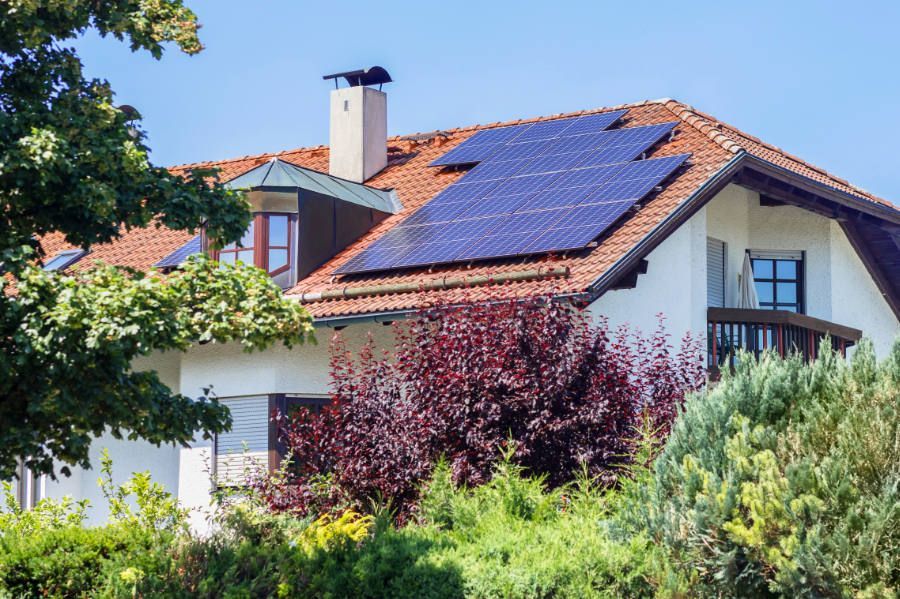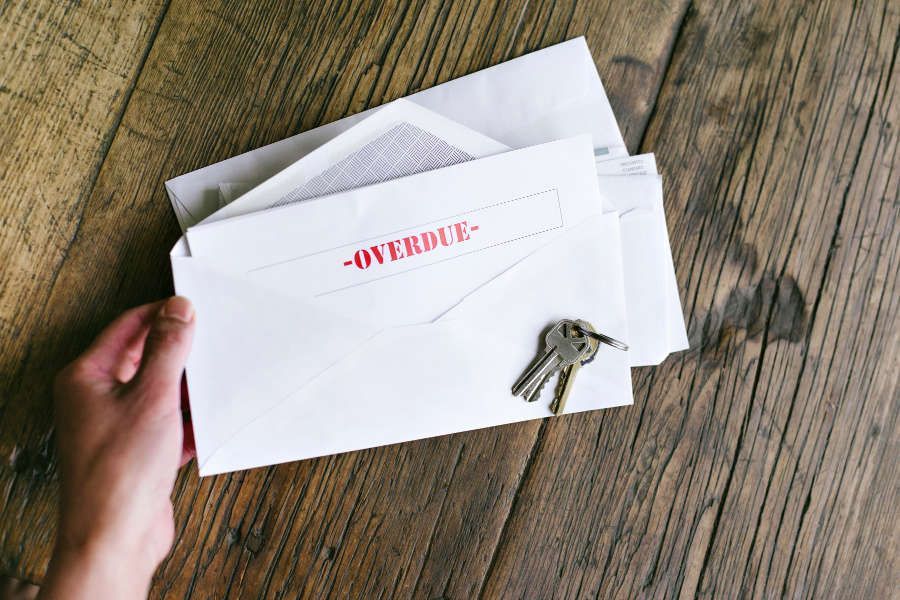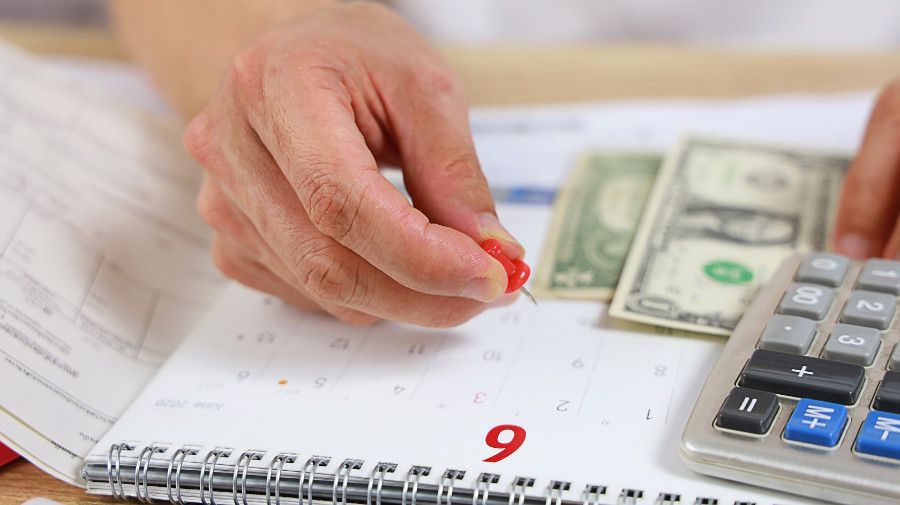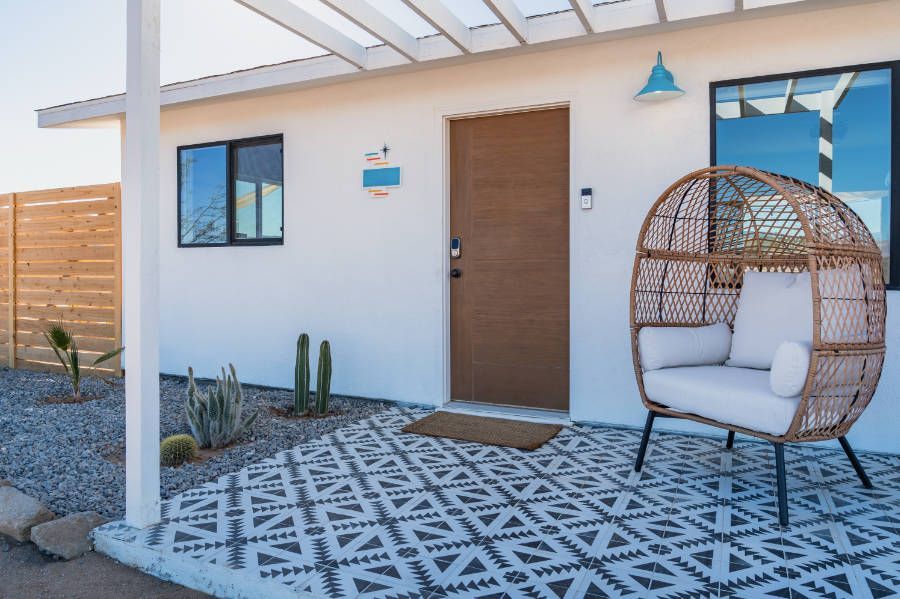What is Best, Buy or Lease Solar Panels?

Choosing between buying or leasing solar panels can be a crucial decision for investors looking to make their properties stand out with renewable energy. This choice can impact the initial cost, as well as the long-term savings. While installing solar panels on your rental property requires a significant upfront investment there are substantial differences between leasing and buying solar panels. Understanding these factors is essential for making the correct decision for your financial goals. Keep in mind you may need additional work done to the roof in case it may require reinforcing in preparation for the additional weight.
Today we’ll help to inform you on whether buying or leasing solar panels fits your investment strategy.
Initial Costs
Naturally when looking at the initial costs, buying solar panels will require a much larger initial investment. This range can be varied however, it is typically between $10,000 to $30,000 for a 1000 sq ft single family home. While this is a high initial investment, owning the solar system outright allows you to have full control over the system and benefit from it long term
.
Leasing solar panels on the other hand, requires little to no upfront investment, which may be more manageable for investors who are looking to avoid a large expense. Lease agreements generally have a $0 initial payment, though you’ll be committing to monthly payments for up to 25 years depending on your agreement. This can result in monthly payments of around $100 per month for a 5 kW system. While the yearly saving may not be as great when compared to buying the solar panels, they are still a great feature to emphasize when marketing your rental.
Short Term Benefits
Immediate ownership without an ongoing lease payment has the potential for substantial long-term savings for your tenant while not having to pay for the system every month. This investment can also enhance the property's value and appeal to environmentally friendly prospective tenants looking for a renewable source of power.
Some of the benefits of leasing include the aforementioned lower initial costs. Though unlike buying them outright, lease agreements can oftentimes include maintenance and repairs as part of the agreement. Whereas when buying the solar panels you or your tenant will be responsible for the maintenance and repairs of the system.
Long Term Benefits
The high upfront cost may be a significant deterrent for some property investors, though financing options and tax incentives can help to reduce this burden. Buying solar panels outright can also help you pass the savings to your tenants which can lead to frequent lease renewals, and reduce vacancy and turnover rates.
On average the total cost over time for the lease term may exceed the cost of purchasing the solar panels. Additionally, due to the leasing company owning the panels, investors may not benefit from tax incentives and other potential long-term savings. Though if the goal is to attract more tenants or to make your rental property stand out, the lower barrier to entry can make leasing solar panels more attractive for many investors.
With more and more electricity being used as we head to the future, it's a good idea to be prepared. Having a solar system can help provide tenants with peace of mind knowing that even during black outs they’ll have power especially if you also install a
solar battery. If you need help deciding whether to buy or lease solar panels or if you need help managing Beach City rental property, we invite you to call us today at (562) 888-0247 or complete our
Owner Application online.





